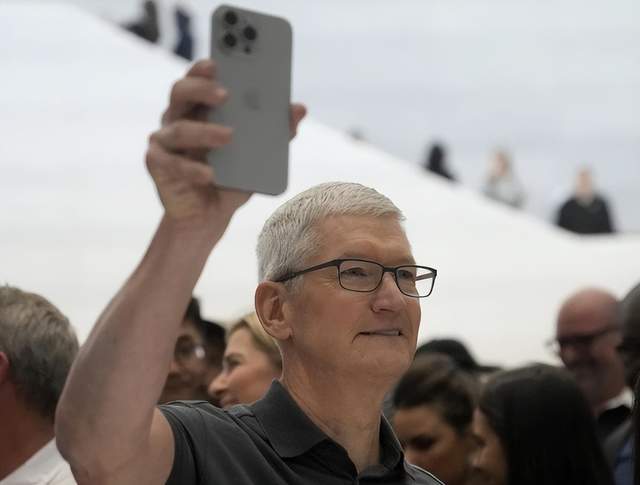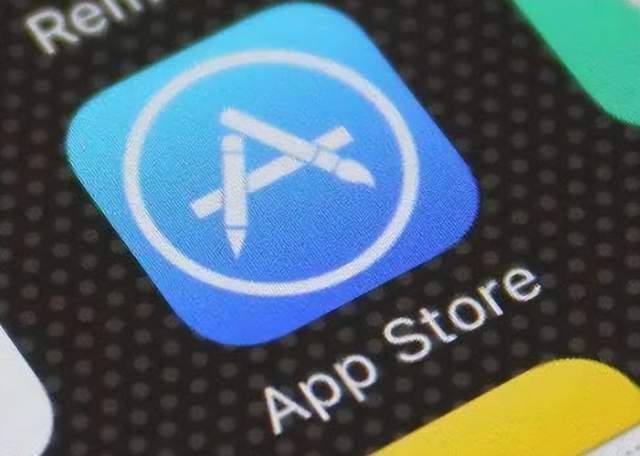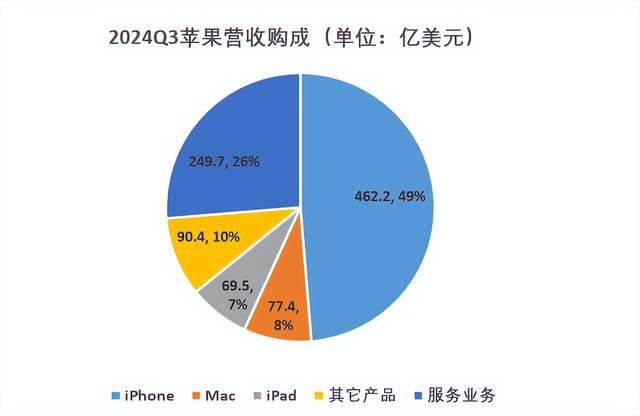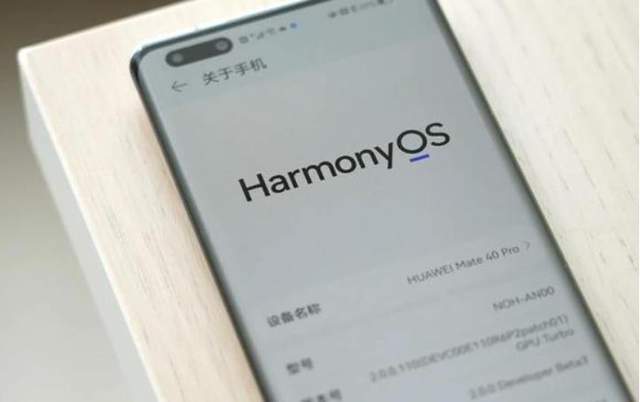You didn't expect it, the Appstore has become Apple's second most profitable business, only surpassed by the iPhone
![]() 11/04 2024
11/04 2024
![]() 513
513
What impression do people have of Apple? A mobile phone company, a computer company, or a software company?
In the past, Apple was actually a computer company, and its name was even "Apple Computer, Inc."
However, in 2007, when Apple's iPhone was launched, Steve Jobs felt it was no longer appropriate to refer to Apple as a computer company, so he changed the name to "Apple Inc.," removing the word "Computer."

This marked the beginning of the iPhone era for Apple.
With the iPhone, Apple became the first technology company in the world to surpass a market value of $1 trillion, then $2 trillion, and finally $3 trillion, reaching the pinnacle of global technology.
At its peak, the iPhone accounted for 80% of Apple's revenue, with other businesses such as computers serving only as supporting roles.

However, relying solely on the iPhone for profits was not a sustainable strategy for Apple. Therefore, Apple later launched the Appstore, truly ushering in the mobile internet era for the mobile phone industry.
The Appstore is a commercial platform for software developers to create and publish their apps, which consumers can then install on their iPhones to achieve various functions.
Initially, Apple had no such plans, but later launched the Appstore, followed by Google with Google Play.

Furthermore, the Appstore has generated another profitable business for Apple: the Apple tax. Apple charges a 30% commission on all virtual transactions made through the Appstore.
With the Appstore, Apple has also launched its own services, such as Music and TV, which have also been highly profitable. These services are collectively referred to as the Services business.
Data shows that by the third quarter of 2024, revenue from the Services business had become Apple's second-largest source of revenue, second only to the iPhone.

According to data from the third quarter of 2024, Apple's revenue for the quarter reached $94.9 billion (approximately 675.988 billion Chinese yuan), a year-on-year increase of 6%, driven by the iPhone 16.
Among these revenues, iPhone business contributed $46.22 billion, accounting for 49%, while the second-largest business was the Services business, with revenue of $24.97 billion, accounting for 26%.
This part belongs to the internet business, so the profit is quite high, and the actual net profit will not be much lower than that of the iPhone.

It is evident that Apple does not solely rely on mobile phones for profit. Instead, it uses mobile phones to support an iOS ecosystem, leveraging this ecosystem to continuously generate revenue.
This is an area where domestic mobile phone manufacturers lack. Perhaps in the future, only Huawei's HarmonyOS among domestic mobile phones has the potential to grow into an iOS-like ecosystem like Apple's, enabling it to generate revenue through commissions, advertising, and other means even when resting.








